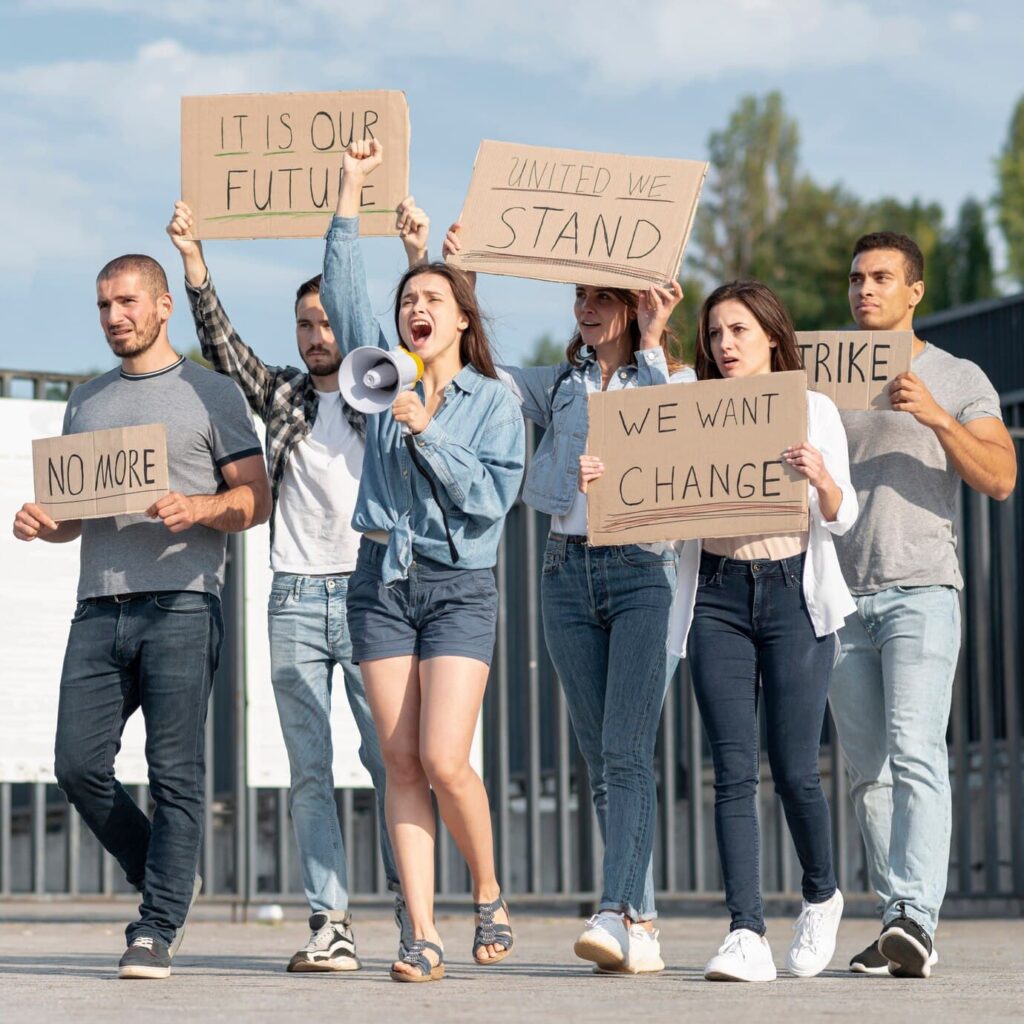
Beyond the Labels: What Truly Separates Human Rights from Civil Rights?
In everyday conversation, the terms “human rights” and “civil rights” are often used interchangeably. We hear activists fighting for their rights, but which ones, precisely? While they are deeply connected, these two concepts are not the same. Understanding their distinction isn’t just an exercise in semantics; it’s fundamental to comprehending the legal, social, and ethical frameworks that govern our lives. Human rights are the universal foundation of human dignity, while civil rights are the specific, legally protected privileges and freedoms granted by a nation to its citizens. One is what we are born with; the other is what our government promises to protect.
The Bedrock of Existence: Understanding Human Rights
Human rights are the most fundamental category of rights. They are universal, meaning they apply to every single person on Earth simply by virtue of their being human. They are not granted by any state or ruler, and therefore, they cannot be legitimately taken away. Think of them as the inherent moral code for humanity. The foundational document for this concept is the 1948 Universal Declaration of Human Rights (UDHR), which was established by the United Nations in the aftermath of World War II to set a common standard of achievements for all peoples and all nations.
Key characteristics of human rights include:
- Universality and Inalienability: They belong to everyone, everywhere, and cannot be given up or taken away.
- Indivisibility and Interdependence: Rights are interconnected. The denial of one right, such as the right to education, can negatively impact many others, like the right to work or health.
- Equality and Non-discrimination: These rights are to be enjoyed by all, without distinction of any kind, such as race, colour, sex, language, religion, political opinion, or other status.
Examples of human rights include the right to life, freedom from torture and slavery, freedom of thought and expression, and the right to an adequate standard of living. These are not dependent on your citizenship, your culture, or your government. They are your birthright.
The Citizen’s Shield: Defining Civil Rights
If human rights are universal, civil rights are national. Civil rights are the rights of individuals to receive equal treatment and to be free from unfair treatment or discrimination in a number of settings—including education, employment, housing, and more—based on legally protected characteristics. These rights are created and protected by the government, whether at the national, state, or local level. They are codified in laws, constitutions, and statutes. A civil right is, in essence, a promise from a government to its people.
For example, the right to vote is a classic civil right. While the human right to participate in one’s government exists, the specific rules—who can vote, at what age, and how—are defined by a country’s civil laws. Similarly, the right to a fair trial by a jury of one’s peers is a civil right enshrined in many countries’ constitutions. These rights protect citizens from government overreach and ensure fairness within a specific legal system. This legal framework dictates the rules of engagement in nearly every aspect of public life, from how police must act to the regulations governing commerce and digital spaces. The reach of civil law is so extensive that it even provides the regulatory structure for online entertainment sectors, with national bodies setting the rules for platforms like playfortune.net.br. The core function of these rights is to translate broad ethical principles into actionable, enforceable laws within a particular territory.
Where Two Rivers Meet: The Critical Intersection

The relationship between human and civil rights is where the real complexity lies. Ideally, civil rights are the mechanism through which governments guarantee and protect the fundamental human rights of their citizens. When a country passes a law that bans discrimination based on race, it is creating a civil right that upholds the human right to equality. When a constitution guarantees freedom of speech, it is turning a universal human right into a legally enforceable civil right.
However, a major point of divergence occurs when a nation’s laws (or lack thereof) fail to protect human rights, or worse, actively violate them. History is filled with examples of legal systems that denied certain groups their basic human dignity. The apartheid system in South Africa and the Jim Crow laws in the United States were systems of civil law that were in direct violation of universal human rights. In these cases, activists campaigned by appealing to the higher moral authority of human rights to demand changes in their country’s civil rights. This is a crucial function of the human rights framework: it serves as a benchmark against which we can measure the justice of our own nation’s laws.
A human right is not a perk or a bonus; it is a fundamental entitlement. It cannot be offered or revoked based on circumstance. This distinguishes it from conditional privileges we encounter daily, which are bound by specific rules and are not inherent, such as a promotional offer for https://playfortune.net.br/bonus/50-rodadas-gratis/ that comes with its own set of terms. A human right has no terms and conditions; its only requirement is that you exist. Understanding this helps clarify advocacy efforts. Activists aren’t asking for a favour; they are demanding what is inherently theirs.
Ultimately, the goal of a just society is to close the gap between human rights and civil rights, ensuring that every universal right is also a legally protected and enforced civil right for all its people. This continuous effort—in courtrooms, in legislatures, and in the streets—is the ongoing struggle for equality and justice. While human rights provide the “why,” civil rights provide the “how.” Knowing the difference empowers us to be more effective advocates for a world where every person’s dignity is not just recognized, but guaranteed.